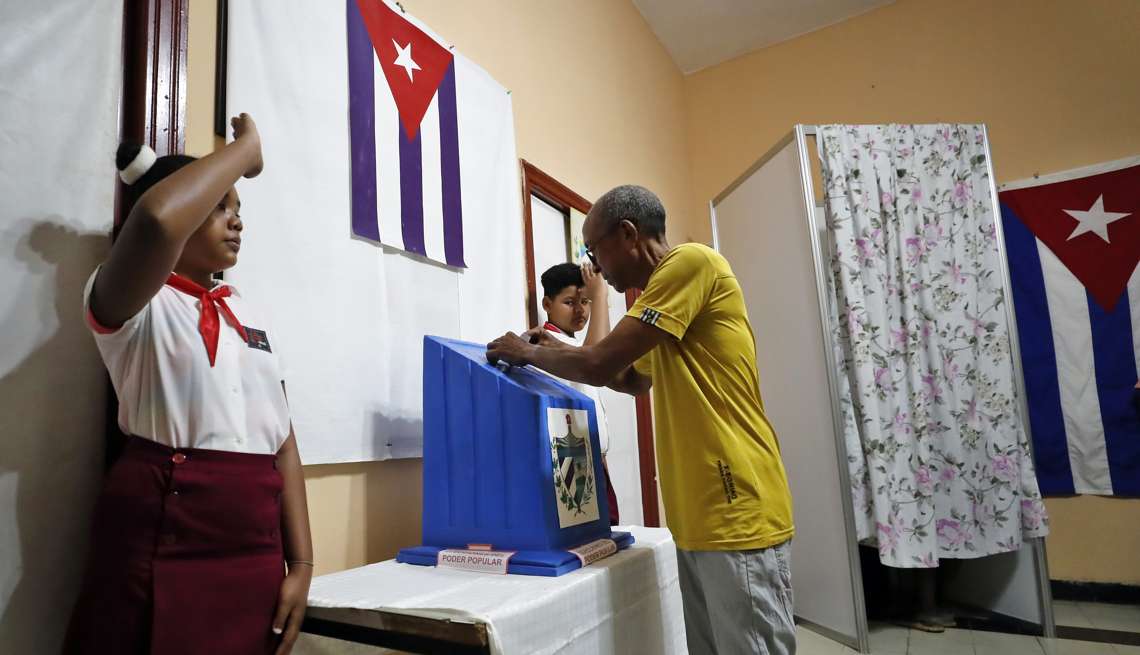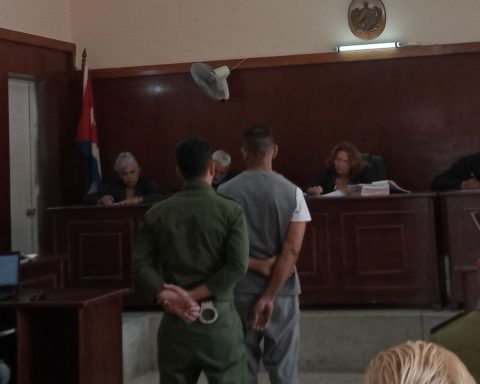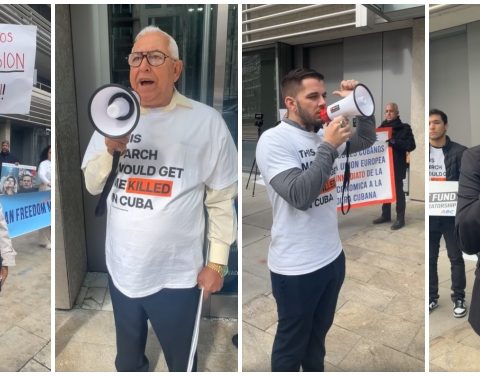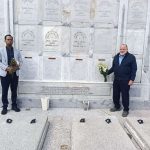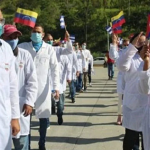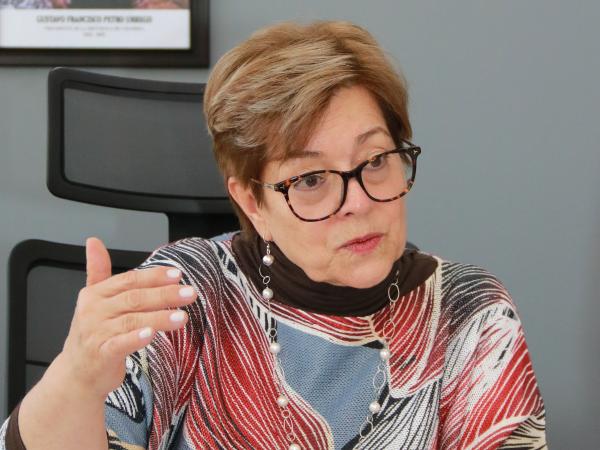More than 5.7 million Cubans had voted as of 5:00 p.m. in the elections parliamentarians this Sunday, according to the National Electoral Council (CEN).
This figure represents 70.34% of the electoral census, which on this occasion has a basic part of 8.12 million voters, according to what Alina Balseiro, president of the electoral entity, informed the press.
The voters reported up to that moment entail a drop of 8.23 percentage points with respect to the percentage reported at the same time in the last parliamentary elections of 2018, the agency points out. EFE.
However, this percentage is higher than that reported then in the municipal elections last November (63.85%) and in the referendum on the Family Code last September (68.91%), adds the Spanish media.
Balseiro assured that the day passed without incident and justified the decision to delay the closing of the polling stations for one hour, until 7:00 PM (local time), on the mobility of voters and on requests received from the territories to extend the process.
His appearance took place after the closure of all the schools, although he has not yet given the final participation rate or indicated a precise time for the dissemination of the preliminary results, which, he said, “will be given once the processing of the information is completed. ».
This could be later at night, at dawn or in the morning, as he commented; while the official data will not be available until the electoral records are verified and updated.
More than 8.1 million people were called to the polls this Sunday, including 13,000 16-year-olds who were able to exercise their right to vote for the first time. Voters were able to go to one of the 23,648 polling stations set up in 12,427 constituencies.
These elections are a key step in the country’s institutional renewal that began with the local elections last November, recalls EFE.
The process will culminate when the National Assembly, in one of its first decisions, appoints the new president of the country, a position that is expected to be held for a second term by Miguel Díaz-Canel, who also heads the Communist Party of Cuba (PCC). .
A total of 470 candidates, selected candidacy commissions, ran for an equal number of positions in the unicameral Cuban Legislative and voters may or may not support them. To be elected they must have the support of more than 50% of the valid votes cast.
EFE / OnCuba
